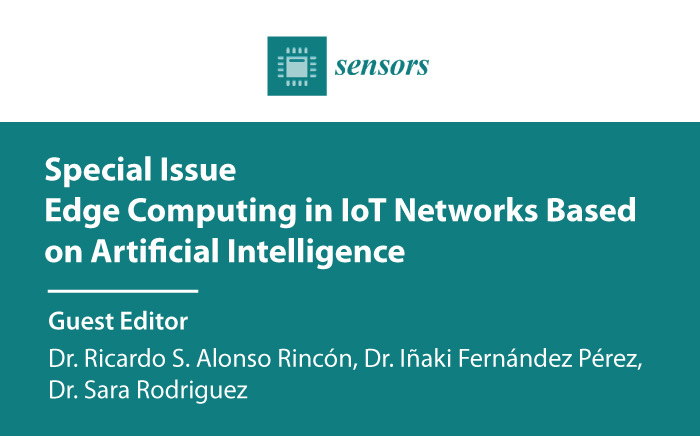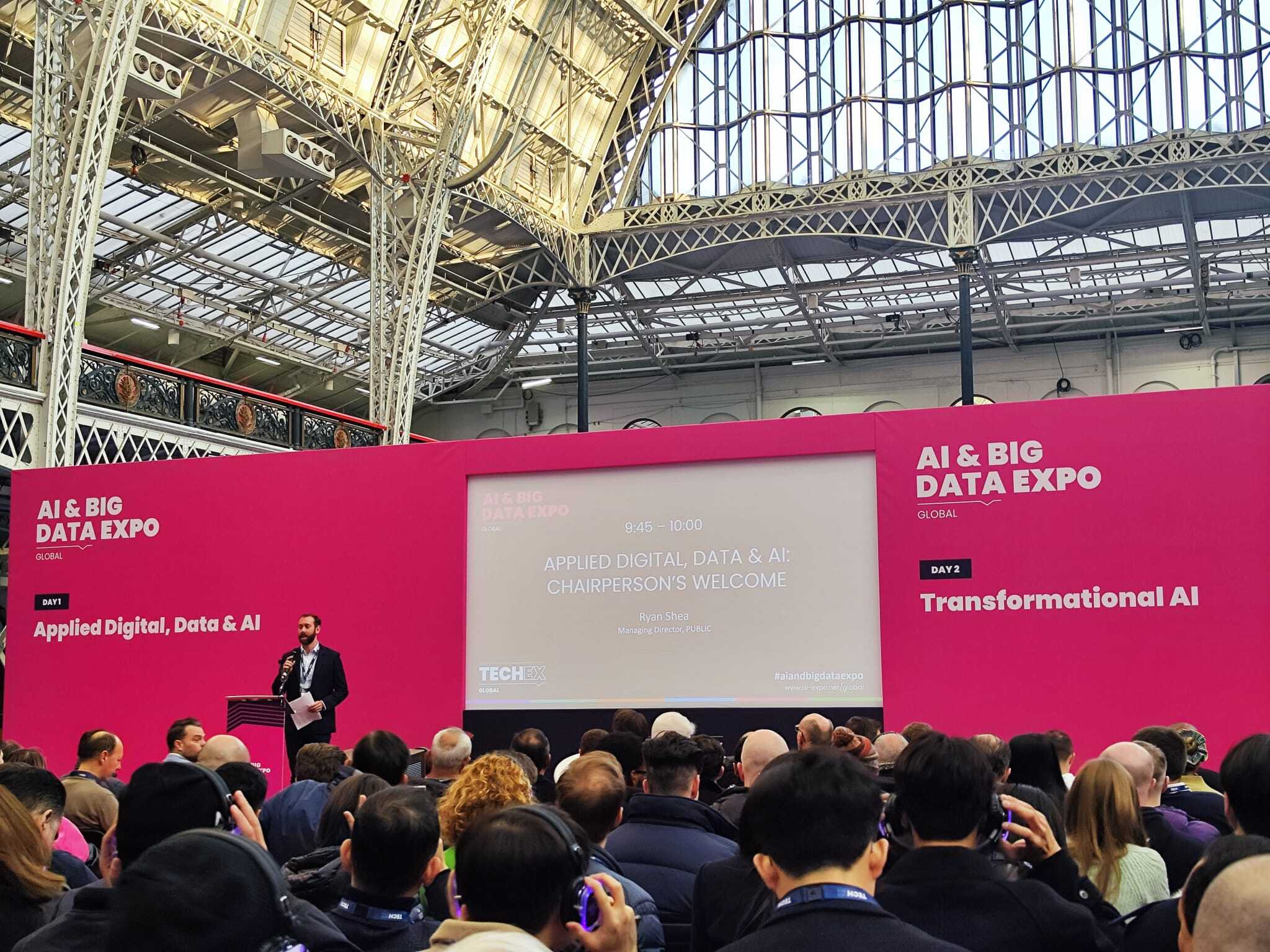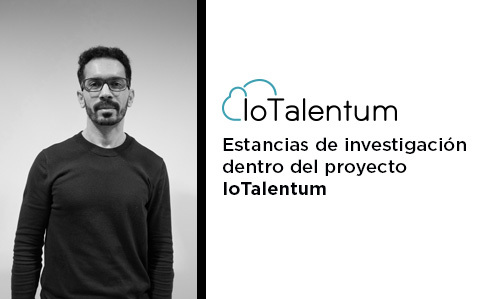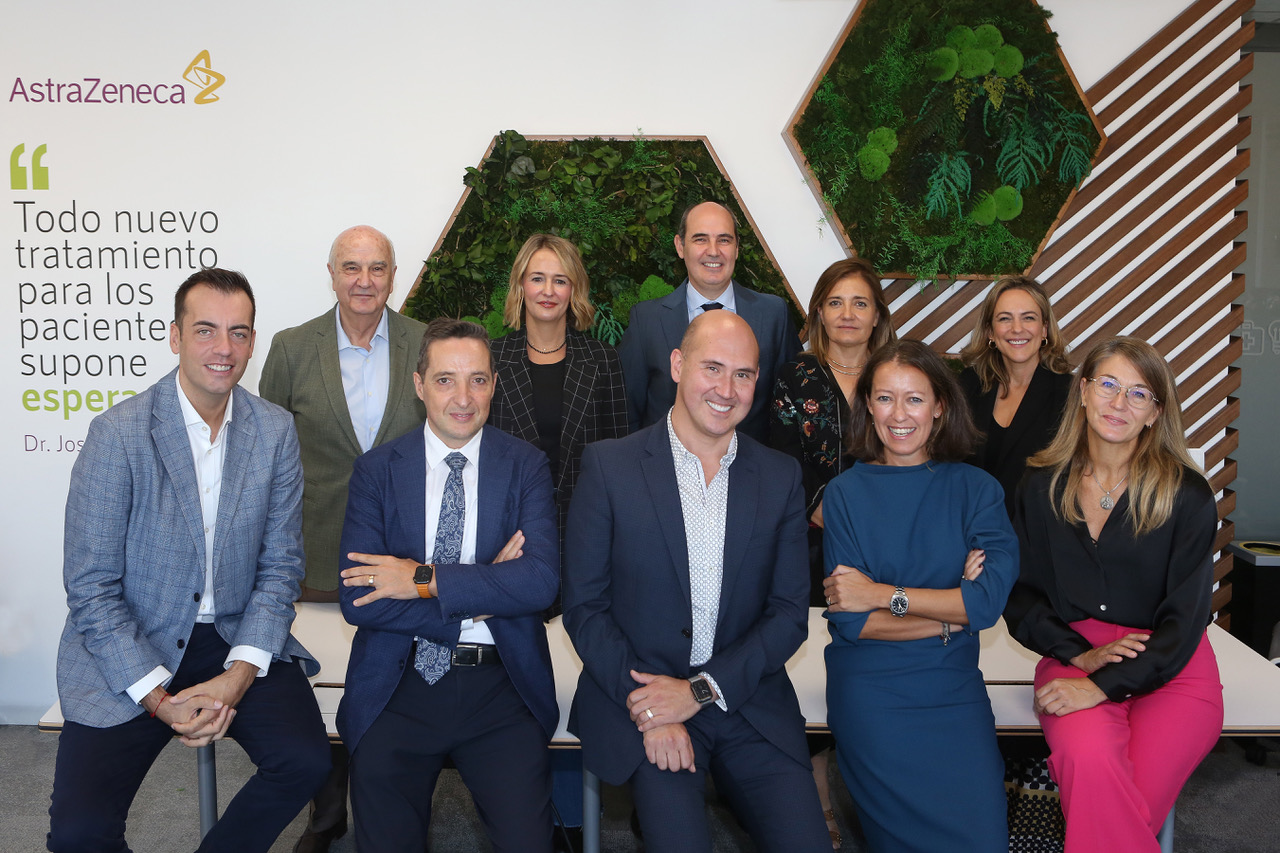"Artificial intelligence can make agriculture and livestock more attractive to young people"
Professor Hyun Yeo, Sunchon University, Korea, visited the University of Salamanca to learn about current research conducted by the BISITE group in which ambient intelligence systems and smart cities are applied to the real word by automating the exploitation and creation of ICT systems for the management and tracking of farming practices. Both universities are participating in a collaborative program financed by the VII Framework Programme of the EU.
Can the concept of ambient intelligence be applied to agriculture and livestock
Many farmers already use computers and information systems to carry out their work in the field, this is nothing new. What we’re trying to do is improve those systems by making then more efficient and expanding their application.
Do you have experience in applying these systems to farms and their holdings?
Yes, for example with pig holdings. Pigs are very delicate animals whose diet is key to their growth and development. Artificial intelligence systems can monitor their diet and optimize the management of resources in this area.
Is this type of system widely used in Korea? What type of holdings use ambient intelligence?
We are developing systems in Korea a little bit at a time. However, in some European countries such as Holland, there are many holdings that are already using these technology applications. For example, in greenhouses, which need very precise control of ambient conditions such as temperature, humidity and light. Artificial intelligence systems can be used to simplify the process of establishing and maintaining these conditions, closely monitoring these paramaters.
What is the typical user profile?
The number of people dedicated to farming practices is decreasing in occidental countries because young people are not interested in this type of activity which tends to involve much more difficult working conditions. Technology can make agricultural and farming tasks much more attractive by using, for example, smart phones or tablets to remotely monitor some of the processes that are currently performed manually.
And the costs?
The cost is variable. Some systems do require considerable upfront costs, but others are simple, standardized and affordable to many people. And in all cases in which the system has been applied, productivity has increased. So this should really be viewed as an investment.
Is it a problem that some rural areas have limited or even no Internet access?
In many rural areas of South Korea, Internet access continues to be very poor. But the lack of access only affects the processes that are monitored remotely. Monitoring systems can be controlled in situ, off line, from the actual holdings, so that it is not really a problem.
Does incorporating ambient intelligence in a rural holding require farm owners to hire maintenance personnel or to receive training in these systems?
It is the responsibility of researchers to develop simple systems that do not require their users to have technical knowledge. The idea is to offer solutions for specific processes in a simple way. For example, turning a system on or off with the push of a button. However, the new generations of farmers are familiar with new technologies. Perhaps the older generation need some training, but nothing that cannot be easily resolved during the system design process and installation.
What do you expect from your collaboration with other universities?
We are interested in what other universities are doing in this field. For example, the work done by Professor Corchado and his team in tasks related to automation, location and sensor systems. Spain is a country with an important agricultural and livestock activity, and we are interested in knowing how they are using artificial intelligence to improve production.
More information about the EKRUCAmI (Europe-Korea Research on Ubiquitous Computing and Ambient Intelligence)





